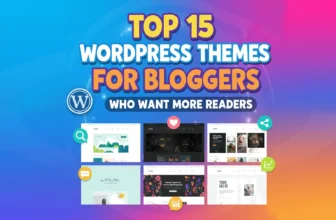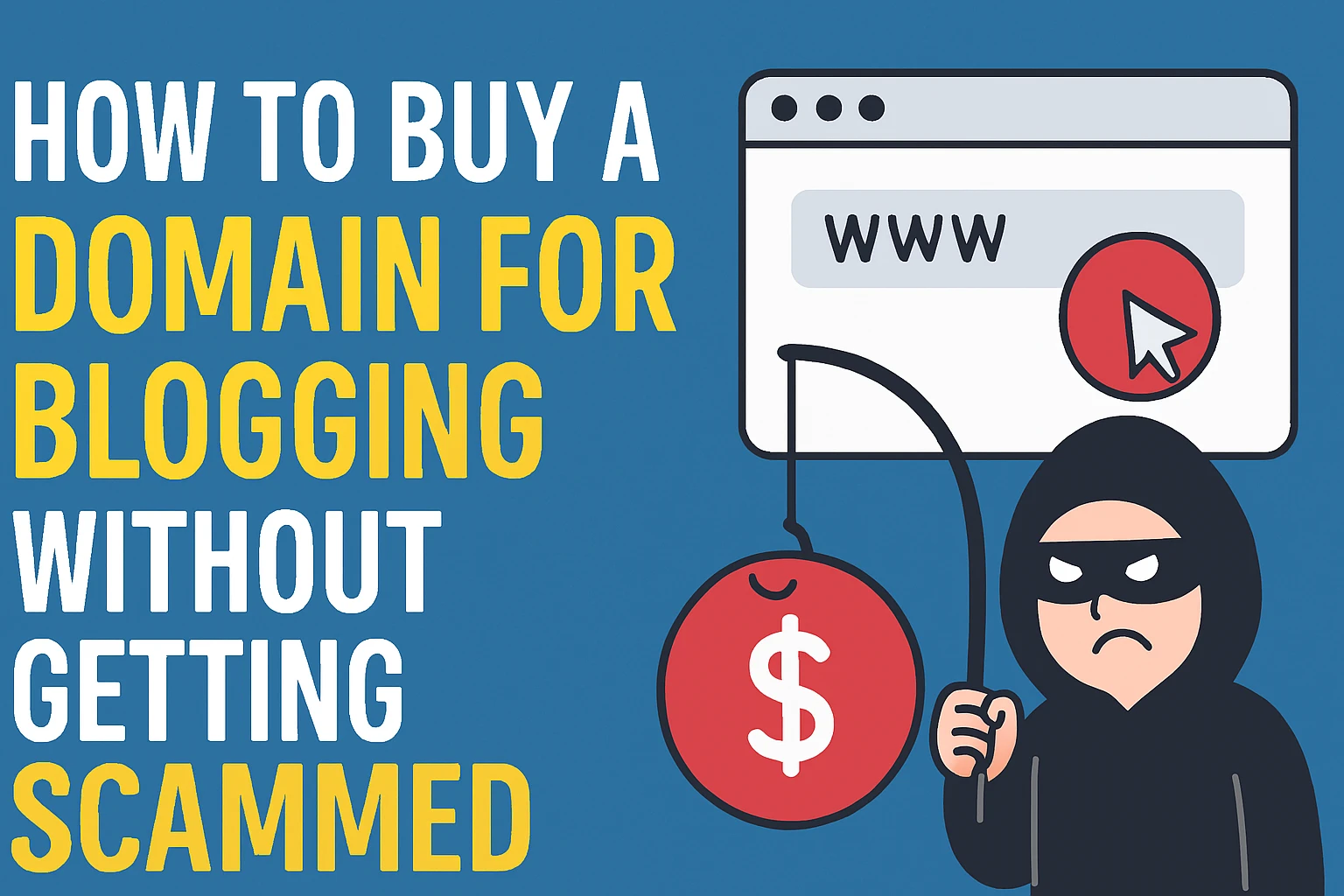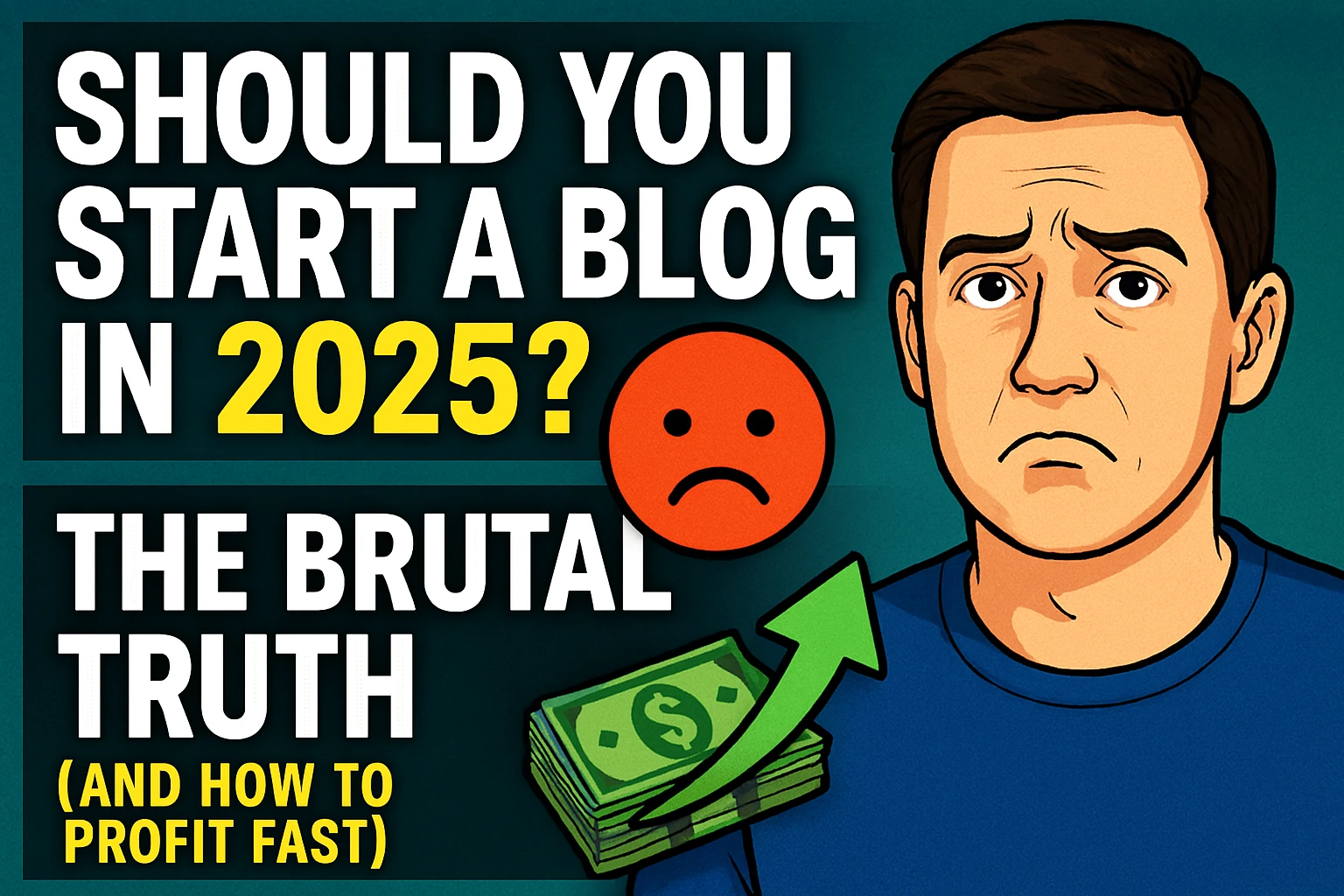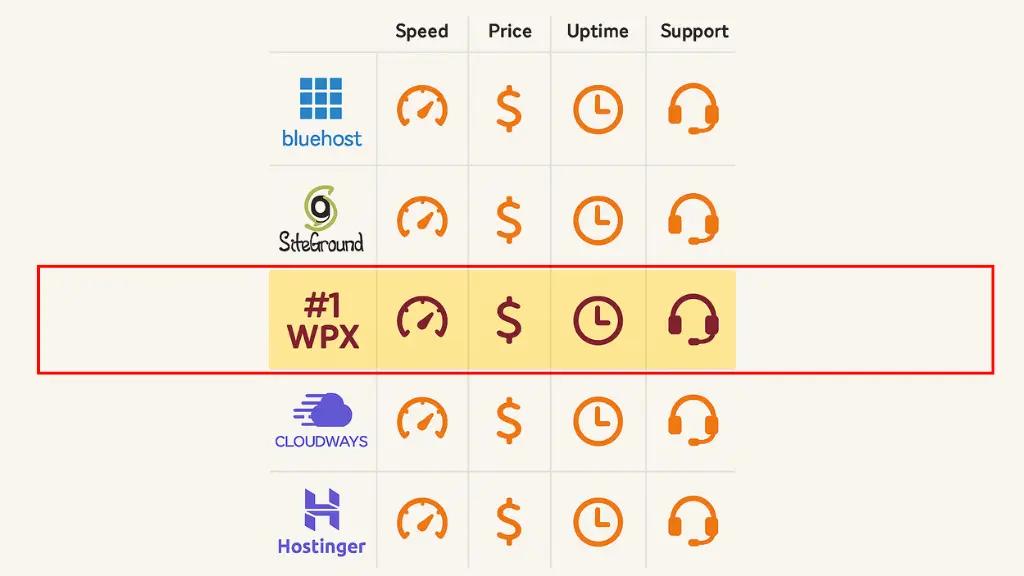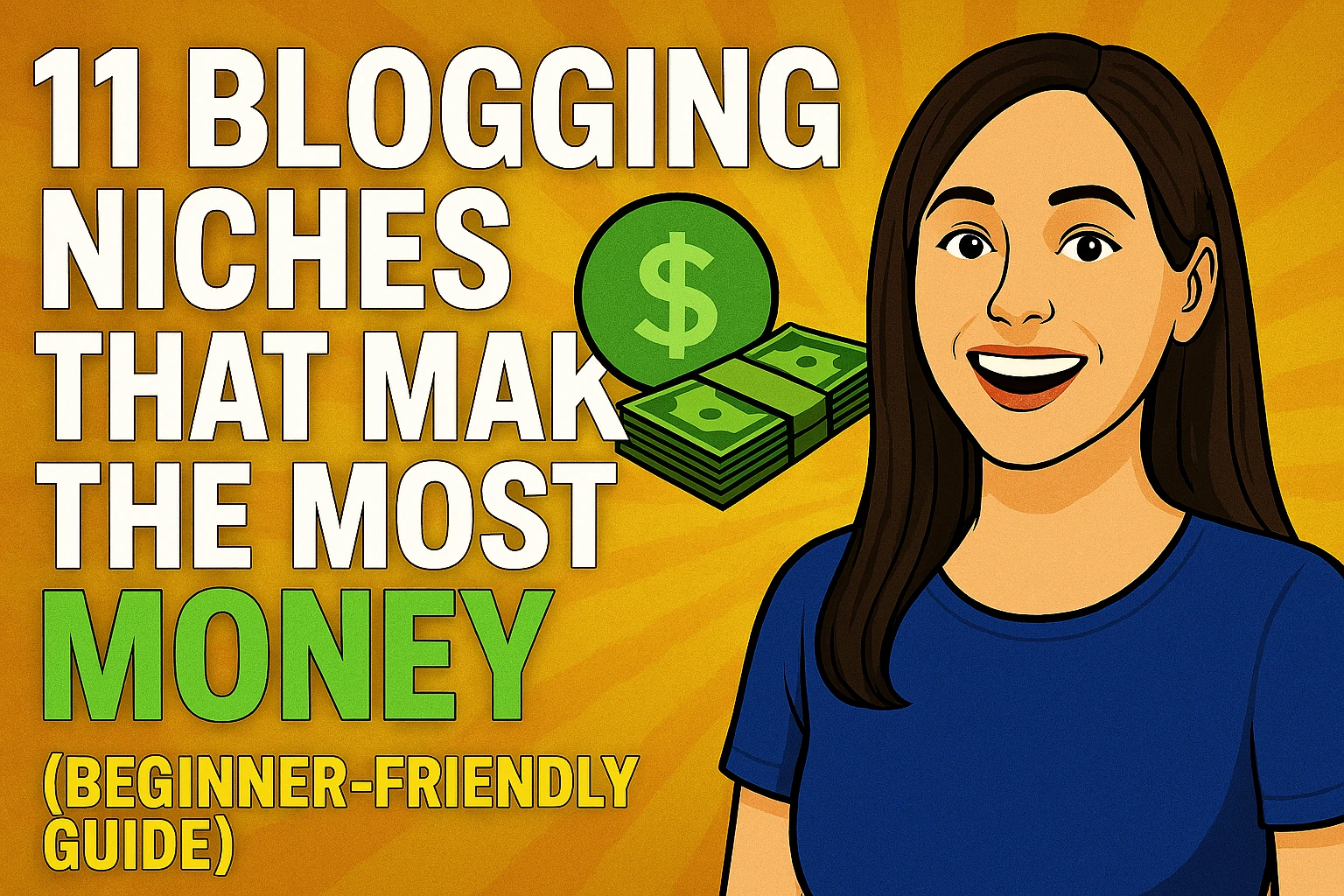
Blogging has come a long way from being online diaries to becoming full-blown businesses that generate thousands of dollars every month.
If you’re here, chances are you’re wondering which niches actually bring in money if you’re starting as a beginner in 2025. Choosing the right niche is the single most important factor that can make or break your blogging success.
In this guide, we’ll cover 11 of the most profitable blogging niches, why they make money, monetization strategies, and examples of how you can get started in each. Think of this as your blueprint for entering the world of blogging with confidence.
This article is designed to be practical, beginner-friendly, and over 10,000 words long, rich with examples, insights, and action steps.
Why Your Blogging Niche Matters
Before we dive into the money-making niches, let’s clarify why choosing a niche matters so much.
- Authority & Trust: A focused niche allows you to become an authority in your space faster. For example, instead of being a “general lifestyle blogger,” being a “budget travel blogger” positions you as an expert.
- Audience Targeting: Narrow niches make it easier to target the right audience, which means stronger engagement.
- Monetization Alignment: Certain niches are more aligned with affiliate products, sponsorships, or high-paying ads.
- Longevity & Passion: Picking a niche that excites you ensures you stay consistent for years.
11 Profitable Blogging Niches for Beginners
1. Personal Finance & Money Management
Personal finance is one of the highest-paying niches. Why? Because it touches everyone’s life. Whether people want to save, invest, or get rid of debt—they’ll look for trustworthy advice.
Why it’s profitable:
- Financial services companies pay high commissions.
- Ad networks reward finance blogs with high CPC (cost per click).
- Popular affiliate products like budgeting apps, investment apps, or credit cards.
How to monetize:
- Affiliate marketing (credit card sign-ups, investment platforms).
- Digital products (budgeting spreadsheets, eBooks).
- Sponsored posts from financial companies.
Sub-niches:
- Saving money
- Side hustles
- Investing for beginners
- Cryptocurrency & blockchain finance
Example: Blogs like NerdWallet and The Penny Hoarder make millions with finance-related content.
2. Health & Fitness
If people care about money, they also care about their health. The health industry is a billion-dollar sector, and blogging in this niche offers unlimited growth opportunities.
Why it’s profitable:
- Evergreen demand (fitness, diets, mental health).
- Multiple affiliate systems (supplements, workout apps, gear).
- Direct product creation (ebooks, workout challenges).
How to monetize:
- Affiliate sales on supplements and fitness tools.
- Coaching, courses, or premium workout guides.
- Ads (health-related ads have strong ROI).
Sub-niches:
- Weight loss dieting
- Yoga & meditation
- At-home workouts
- Mental health tips
Pro Tip: Use storytelling, like “How I lost 20 lbs in 3 months,” to draw an audience.
3. Technology & Gadgets
We live in a digital age where new gadgets, apps, and platforms are released daily. Tech bloggers thrive by reviewing products and tools.
Why it’s profitable:
- Affiliate commissions from products and SaaS tools.
- Evergreen demand (people research products before buying).
- Sponsorship opportunities from tech companies.
How to monetize:
- Affiliate programs (Amazon, Awin, SaaS tools).
- Ads with high CPM (tech keywords pay well).
- Sponsored product reviews.
Sub-niches:
- Smartphones & laptops
- Software reviews
- WordPress plugins & SEO tools
- AI tools
Example: TechRadar generates massive revenue reviewing products and tools.
4. Food & Recipes
Food is love. And yes, it’s big money too. Recipe blogs attract huge traffic, which leads to big ad revenue streams.
Why it’s profitable:
- Food is universal—always in demand.
- Visual-friendly niche (Pinterest, Instagram).
- Ads and brand sponsorships from food companies.
How to monetize:
- Ads (Google AdSense, Mediavine, AdThrive).
- Affiliate links for cookbooks, kitchen gadgets.
- Sell your own cookbooks or meal-prep guides.
Sub-niches:
- Vegan recipes
- Keto/Low-carb recipes
- Budget meals
- Baking
Pro Tip: Food blogs perform really well on Pinterest with visually engaging photos.
5. Travel
Even though the pandemic hit the travel niche hard, it has bounced back and is projected to grow even stronger.
Why it’s profitable:
- High-paying travel affiliate programs (flights, hotels, travel gear).
- Sponsorships (tourism boards, travel companies).
- Content that adapts well for YouTube and Instagram.
How to monetize:
- Affiliate links for booking platforms, Airbnb, etc.
- Travel gear/product recommendations.
- Paid collaborations with tourism brands.
Sub-niches:
- Solo female travel
- Luxury travel
- Budget backpacking
- Digital nomad lifestyle
6. Lifestyle
Lifestyle is a broad niche but still profitable if you carve out a unique brand story.
Why it’s profitable:
- Brands love sponsoring lifestyle influencers.
- Multiple crossover themes like fashion, travel, food.
- Large audience reach.
How to monetize:
- Sponsored Instagram/content collaborations.
- Affiliate sales across different industries.
- Membership communities (e.g., self-love/lifestyle coaching).
Sub-niches:
- Sustainable living
- Minimalism
- Productivity hacks
- Everyday routines
7. Fashion & Beauty
Beauty and fashion is one of the biggest affiliate and influencer-driven industries.
Why it’s profitable:
- People spend heavily on looks and clothing.
- Affiliate programs from fashion/beauty brands are generous.
- Content adapts easily to YouTube, TikTok, Instagram.
How to monetize:
- Affiliate marketing for beauty products and apparel.
- Sponsorships from brands.
- Selling your own clothing/beauty line.
Sub-niches:
- Skincare routines
- Sustainable fashion
- Plus-size fashion
- Makeup tutorials
8. Parenting
Parents are ready to invest in solving problems related to children, which makes this niche incredibly profitable.
Why it’s profitable:
- Wide audience (new parents constantly search for resources).
- Parenting affiliate products (strollers, baby monitors, books).
- Brands approach parenting bloggers for collaborations.
How to monetize:
- Sponsored posts & collaborations.
- Affiliate links through Amazon & baby product companies.
- Selling eBooks or courses (e.g., toddler sleep training guides).
Sub-niches:
- Pregnancy and newborn care
- Toddler activities
- Parenting hacks
- Child psychology tips
9. Education & Online Learning
Millions of people are using blogs to learn new skills online. Education-focused blogs thrive.
Why it’s profitable:
- Strong affiliate ecosystems around courses & learning platforms.
- High CPC educational ads.
- Evergreen demand.
How to monetize:
- Promote online courses (Coursera, Udemy, Skillshare).
- Sell your own courses.
- Build an e-learning membership site.
Sub-niches:
- Language learning blogs
- Career development skill guides
- Online business & marketing skills
- Academic tutoring
10. DIY & Home Improvement
With platforms like YouTube and Pinterest exploding, home improvement projects attract huge audiences.
Why it’s profitable:
- DIY bloggers get income from high-paying ad networks.
- Strong affiliate opportunities in tools, furniture, and decor.
- Sponsorships from home improvement brands.
How to monetize:
- Affiliate marketing (Home Depot, Amazon).
- Paid tutorials.
- Offer virtual design coaching.
Sub-niches:
- Interior design
- Budget home makeovers
- Eco-friendly DIY
- Gardening
11. Digital Marketing & Online Business
One of the most competitive yet highly profitable niches.
Why it’s profitable:
- Audience includes entrepreneurs willing to spend money.
- High-ticket affiliate products (SEO tools, hosting, email software).
- B2B sponsorships & collaborations.
How to monetize:
- Affiliate marketing (mail platforms, SEO tools, hosting).
- Consulting, coaching, or digital courses.
- Membership insider communities.
Sub-niches:
- SEO & blogging
- Social media marketing
- Affiliate marketing
- E-commerce success guides
How to Pick the Right Niche for You
Not every profitable niche will work if you’re not genuinely interested or skilled in the space. Follow this framework:
- Passion + Profitability: Does the niche excite you? Are people spending money in it?
- Audience Problems: Are the problems urgent enough for people to search solutions online?
- Monetization Potential: Can you easily align affiliate products, ads, or your own products?
- Longevity: Is the niche an evergreen topic, not just a passing trend?
Proven Monetization Strategies Across Niches
No matter which of the 11 niches you pick, monetization follows similar routes:
- Affiliate Marketing: Promote relevant products and earn commissions on sales.
- Digital Products: Sell eBooks, courses, templates, or workshops.
- Ad Revenue: Enroll in high-paying ad networks (Mediavine, AdThrive).
- Sponsorships & Partnerships: Collaborate with brands.
- Email Marketing Funnels: Build an email list, convert readers into loyal customers.
Final Thoughts
Blogging is still one of the best business models for beginners in 2025. Choosing a profitable niche sets the strong foundation for long-term financial success.
From personal finance and health to digital marketing and parenting, the right picks from these 11 blogging niches can help you start a money-making blog from day one.
Conclusion
Starting a blog in 2025 is still one of the smartest ways to build a profitable online business. The key is choosing the right niche that balances your passion with proven monetization potential.
The 11 blogging niches covered—from personal finance and health & fitness to digital marketing and DIY projects—are all beginner-friendly, scalable, and in high demand.
Your success will come down to consistency, audience trust, and implementing the right monetization strategies like affiliate marketing, digital products, and sponsorships.
Remember, blogging is a long-term game. Choose a niche you love, stay consistent, and your blog can turn into a significant income source.
FAQs About Blogging Niches That Make the Most Money
What is the most profitable blogging niche for beginners?
Personal finance is often the most profitable niche because financial companies pay higher affiliate and ad rates. However, niches like health, technology, and digital marketing are equally strong if you pick the right angle.
Can I start a blog with no experience?
Yes, blogging is beginner-friendly. You only need basic writing skills, a domain name, and web hosting to get started. Tools like WordPress make it easy without coding knowledge.
How long does it take to make money from blogging?
On average, it takes 6–12 months of consistent blogging to see noticeable income. The exact timeline depends on how much effort you put into SEO, content promotion, and monetization.
Do I need to be an expert in my niche?
Not necessarily. Many successful bloggers began as learners and shared their journey with their audience. As long as you research well and provide valuable content, you don’t need to be the #1 expert at the start.
How do bloggers actually make money?
Bloggers earn through multiple streams: affiliate marketing, advertisements, sponsored posts, selling digital products or services, and sometimes coaching or memberships.
Which niches are better suited for long-term blogging?
Evergreen niches like finance, health, food, parenting, and education ensure long-term traffic and revenue. Trend-based niches may give quick results but often fade away.
Can I combine two niches in one blog?
Yes, you can combine related niches, like travel + lifestyle or health + fitness, but avoid combining unrelated topics (like cooking and cryptocurrency). Staying focused helps with SEO and building authority.
What is the easiest niche to start in?
Lifestyle blogging is often the easiest since you can write from personal experiences. However, to earn good money, finance, technology, or health niches perform better in the long run.
Do I need a large audience to make money from blogging?
Not necessarily. Even with a few hundred readers a day, you can generate income via high-paying affiliate products or services. The more traffic you build, though, the bigger your earnings potential.
Is blogging still worth it in 2025?
Absolutely. In fact, it’s more profitable now due to the rise of remote work, online education, and affiliate marketing. Millions of people read blogs daily when making buying decisions, which gives bloggers immense opportunities.



